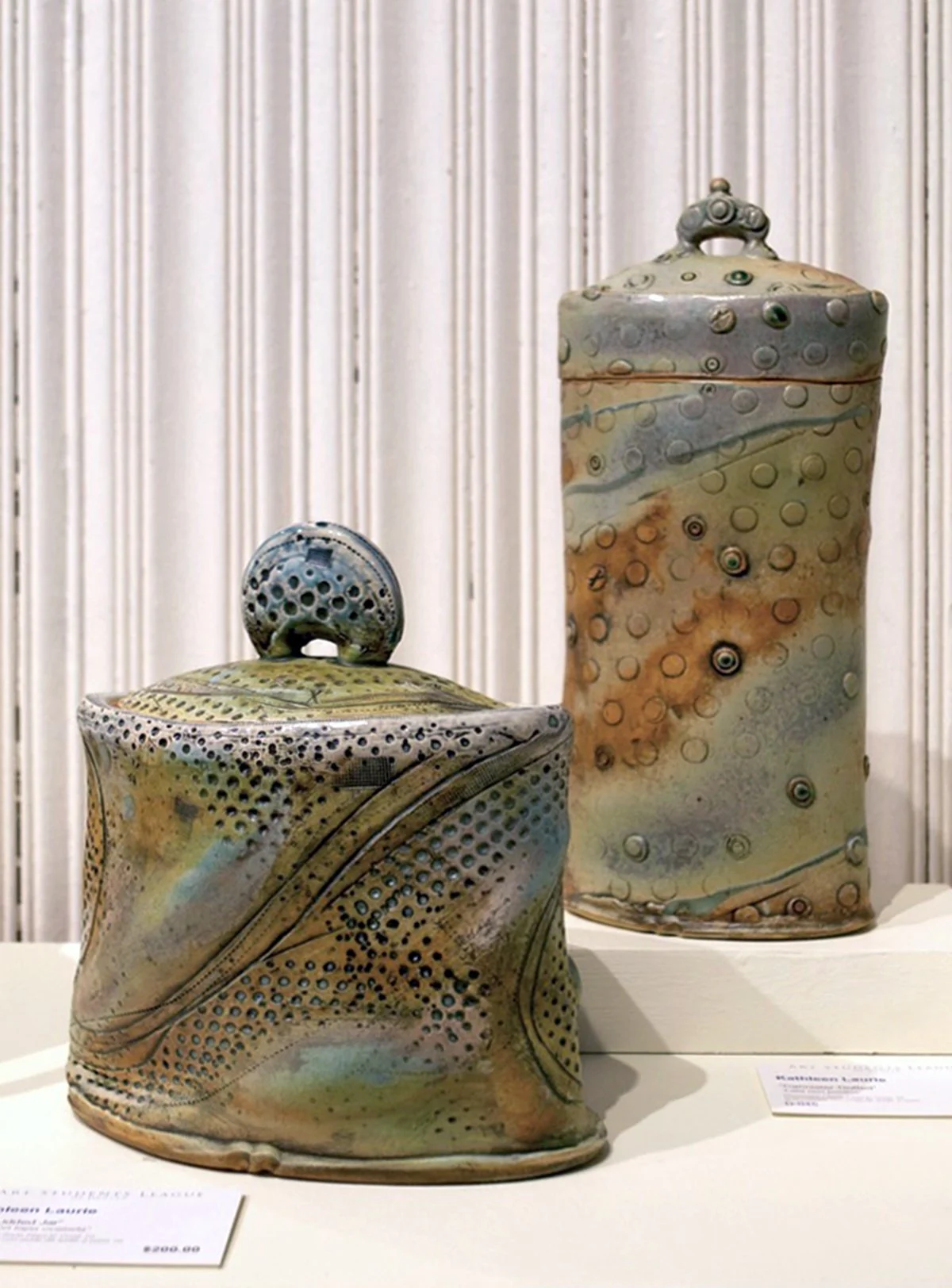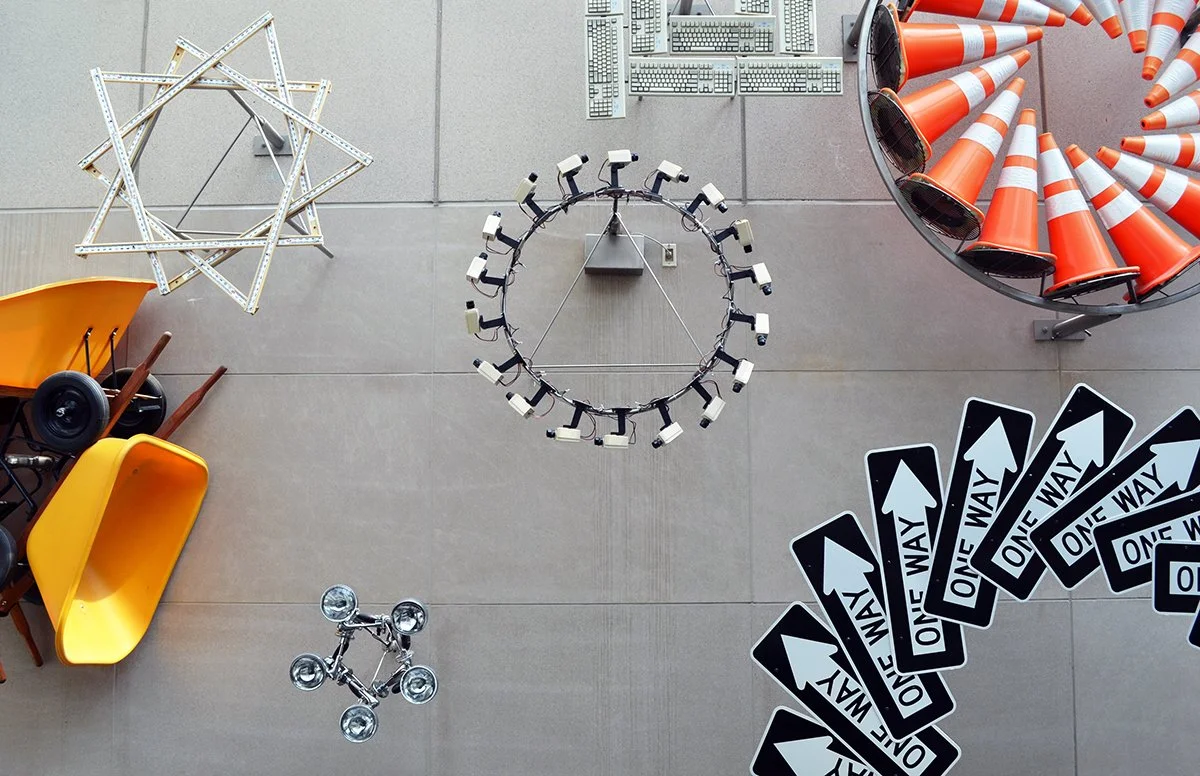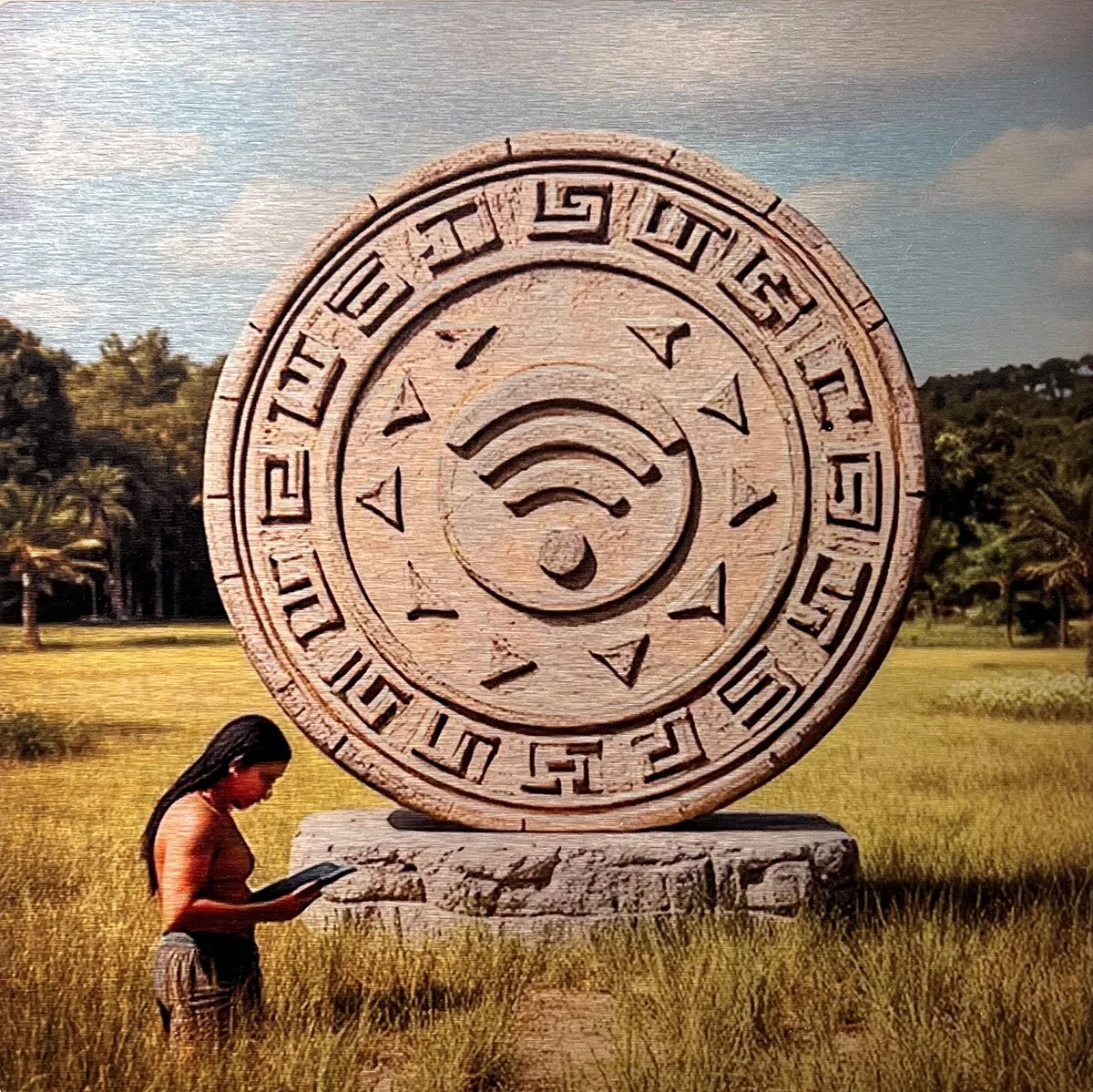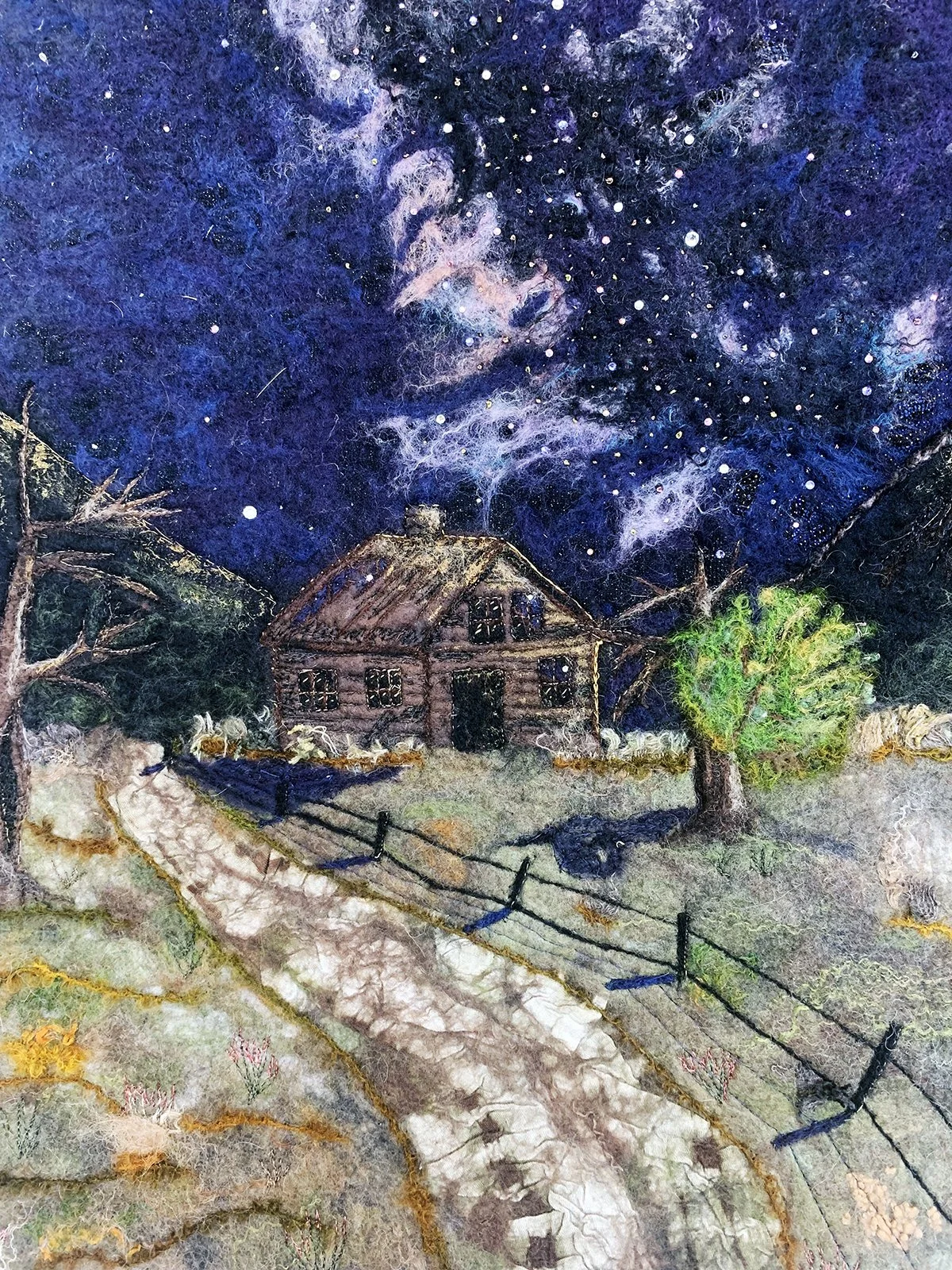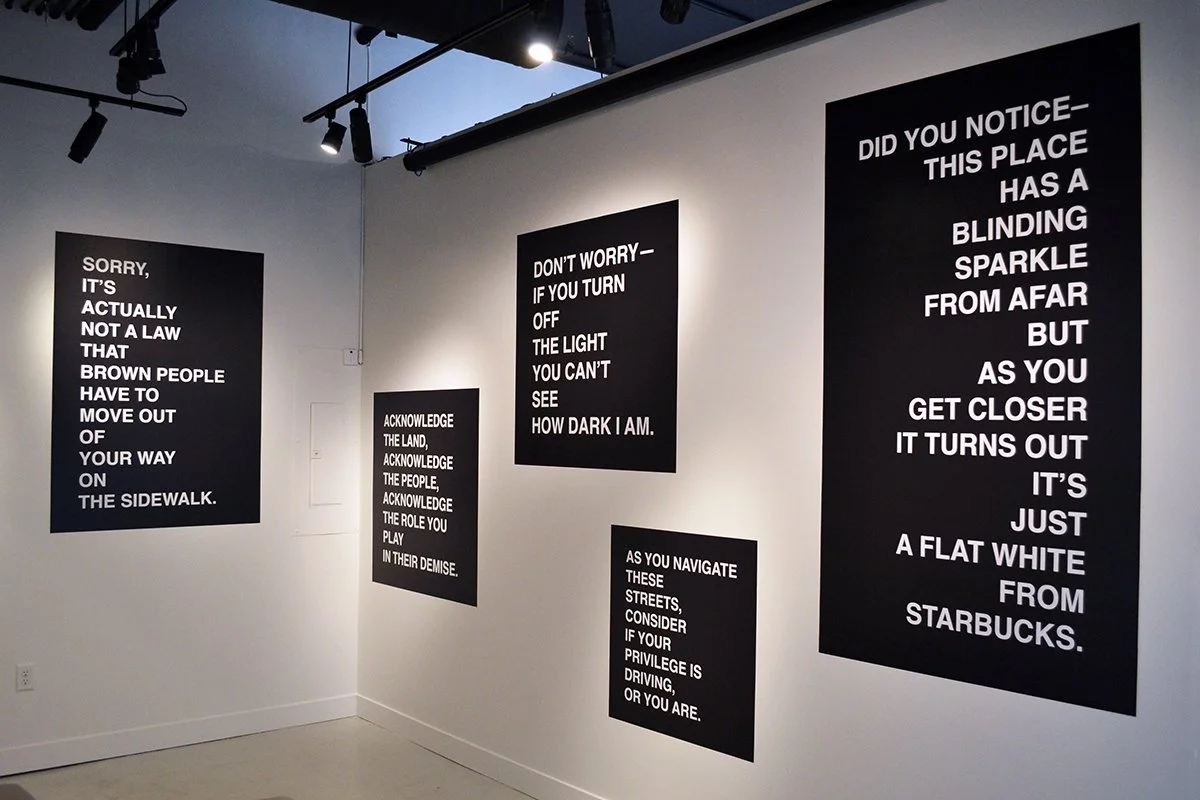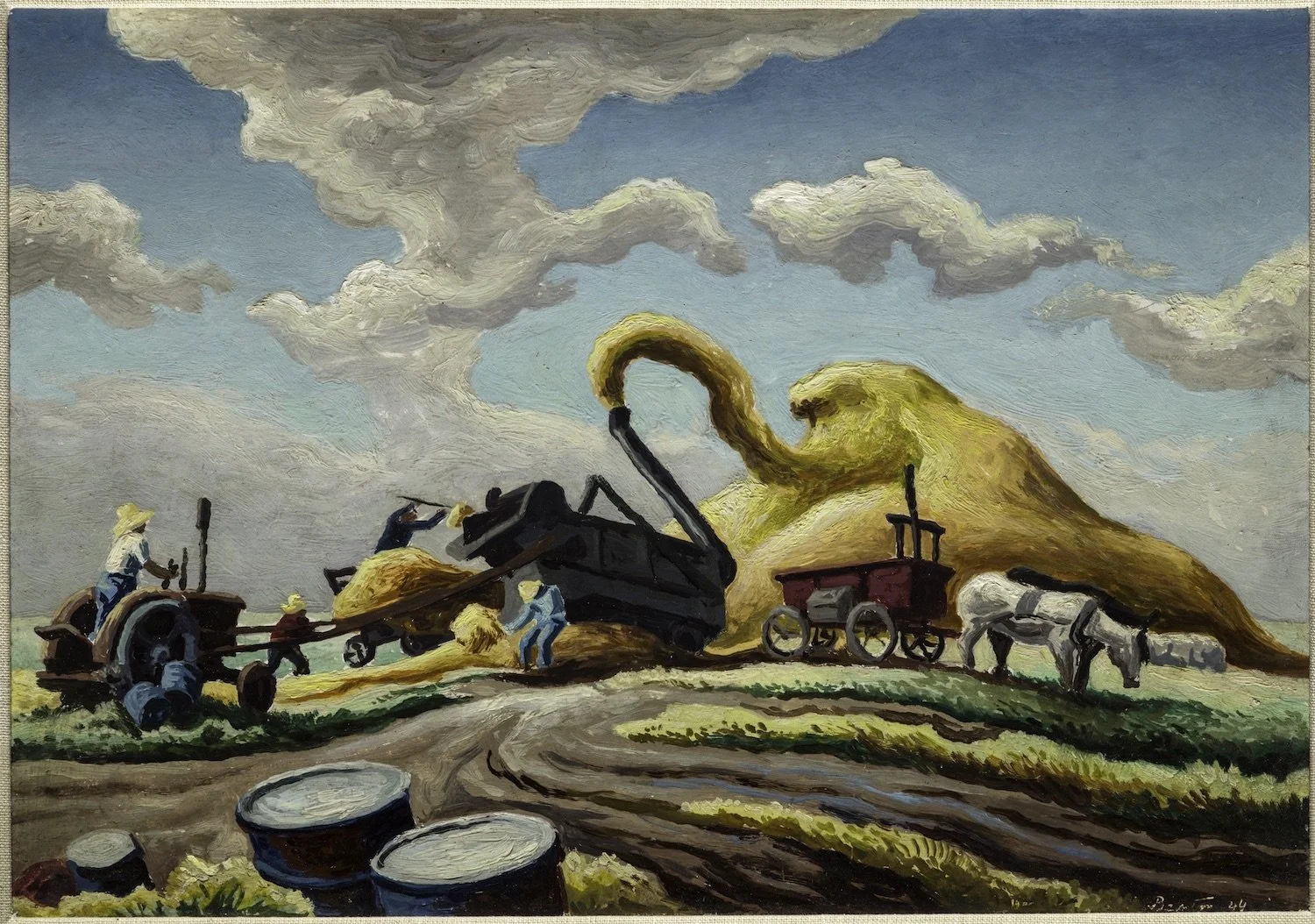In Niza Knoll Gallery’s current exhibition, Everything Papier Mâché, this stereotype remains intact—but like the compounded layers of paper required to make these artworks, there is plenty of depth and intrigue. Glue-eating is (hopefully) left behind, as the featured artists demonstrate how this accessible material can also be transformative, magical, and technically impressive.
Welcome to DARIA: Denver Art Review, Inquiry, and Analysis, a publication devoted to art writing and criticism focused on the Denver-area visual art scene. DARIA seeks to promote diverse voices and artists while fostering critical dialogue around art.









